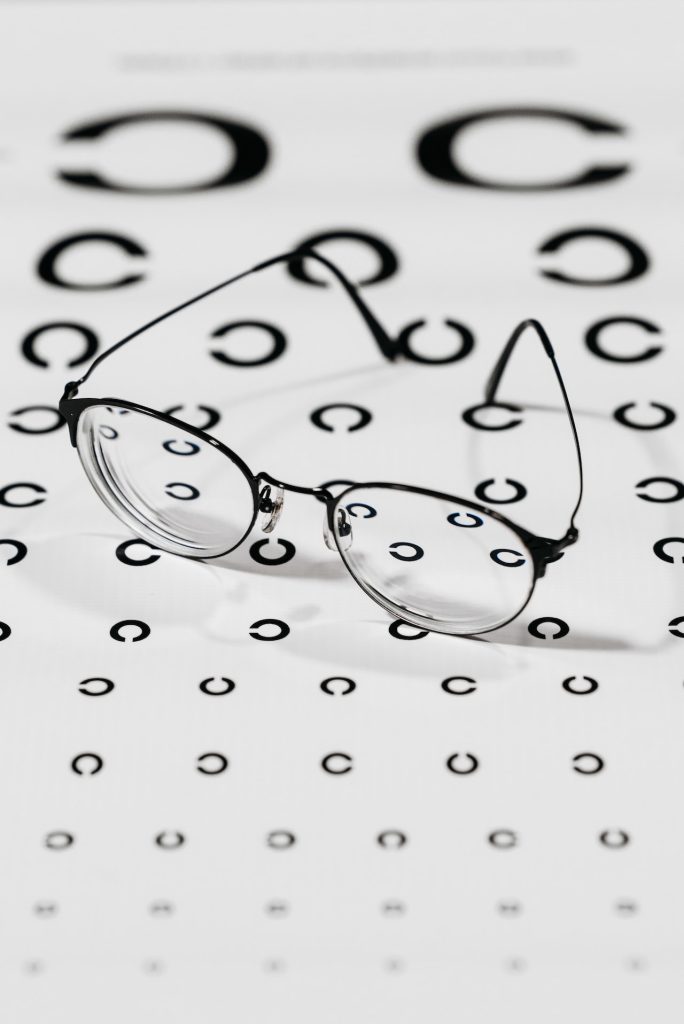Note: If you’re a writer, do you really need an editor? We’ve been talking about this recently here on the blog, and in the Powerful Story newsletter. This guest post from a professional editor offers further “insights” into editing.
by Ann Cathleen Neumann
Wisdom cries aloud in the street . . . and her name is Editor.
Lest you think I take liberties with Proverbs 1:20, consider the rest of the verse: “in the markets she raises her voice” (ESV). You didn’t know the Bible addresses the publishing industry, did you?
Okay, maybe scripture doesn’t specifically admonish authors who fail to secure editors, but it does speak to wisdom. And wisdom in the book-selling market, to take further liberties, declares that appreciation for the editor often signals the beginning of knowledge (Prov. 1:7).
But you’re an English major. Or an avid reader. Or your mother-in-law taught ninth-grade composition and has already flagged six confused uses of your for you’re. Do you really need an editor for your book?
Type that question into your browser and behold the cascade of websites, blogs, and testimonials, all answering with a resounding “are you serious?” What also appears is discussions of the various types of editing: developmental, line, copy. But one thing that won’t come up is my appointment with the eye doctor last week—possibly the best answer.

Photo by Pavel Danilyuk: https://www.pexels.com
To correct my astigmatism, I wear monovision contact lenses. Even so, my vision is not perfect.
If you yourself wear monovision contact lenses, then you know that one eye can see items in the distance, while the other eye can see items up close. Essentially, you are a cyclops. The idea is that although you cannot see the stop sign with perfect clarity nor your iPhone map indicating a wrong turn, you can see well enough not to blow through the intersection or toss your phone out the window.
That’s the idea. The reality, though, is that imperfect vision is imperfect.
In the doctor’s office, I peered at letters wobbling on the far wall. “Is two better or three?” my doctor barked, flipping the gadget perched on my nose. “Three or four?”
It was a hopeless affair.
“Now try these.”
I inserted my new monovision contacts. The letters sprang from the wall. “Wow, I can see perfectly!”
“Can you? Cover your right eye.”
Someone had smashed insects on the wall.
“For perfect vision, you will need to wear glasses over your contacts: one pair for distance, another for reading.”
You don’t need perfect vision to see where I’m going.
As writers we might be able to craft a captivating story, set it into compelling prose. But even the best of us cannot see with absolute clarity. An editor is the writer’s pair of glasses: distance glasses to sharpen view of plot, character arcs, and theme (developmental edit) and reading glasses to snap sentences into crisp focus (line edit) and comb the manuscript for errors (copy edit).

Photo by Ron Lach (Pexels.com)
Can you write and publish a book without an editor? Sure. I can brake in time at the stop sign—usually. But are you satisfied with imperfect vision? In the competitive book market, are you willing to jeopardize your sales, reputation, and career for lack of an editor?
Without glasses, I cannot see as well as I could. And without an editor, authors cannot write and publish as well they could. Even I, a professional editor, consulted with an editor on this piece.
Wisdom tells me to wear glasses. How about you?
Ann Cathleen Neumann has enjoyed a long career as a writing instructor and freelance editor. Her signature courses include Grammar, Mechanics, and Usage for Editors, the foundational course in UC Berkeley’s Professional Sequence in Editing program; and Technical Writing for Forensic Scientists, which she developed and taught for UC Davis’s graduate program. Recently, she has turned her talents to the Christian market, editing for authors and writing fiction and creative nonfiction under her pen name, Cate Touryan.
Ann lives on the central coast of California with her husband, her Yorkie, and a rafter of turkeys—as in both a whole bunch of them and in the rafters. She has yet to turn them into story, but when she does, their identities will not be concealed. For information about Ann’s editorial services, send an email detailing your editing needs to ann.neumann@gmail.com.
For more on what a book editor does, read this post.
Want advice on writing from a published author of 25 books? Subscribe (for free!) to my Substack newsletter.

Leave A Comment